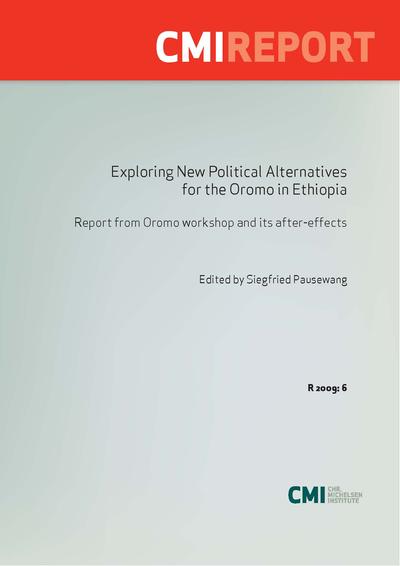Traitor Lichoo Bukura says that they ""surrendered after holding negotiations with the authorities and obtaining guarantees on their treatment"
Rebellion 'on last legs'Fri Jan 22, 11:00 AM
ADDIS ABABA (AFP) - A rebellion by ethnic Oromos in Ethiopia is at its weakest state after years of internal divisions, a former rebel leader said Friday, claiming it had "zero" chance of toppling the government.
Six senior members of the Oromo Liberation Front (OLF), which for more than three decades has fought for independence of the Oromia region, crossed over from Kenya and surrendered earlier this month, along with 250 fighters.
"The OLF was meant to liberate its people, but divisions and a lack of vision has hampered its cause," Lucho Bukhura, a former central committee member, told journalists here.
Lucho said the group had splintered into three factions "based on geographical background" since its inception in the 1970s.
"It has been disintegrating for the past 17 years. They have zero fighting capacity at the moment and zero chance of overthrowing the government," he said.
Lucho, who spoke along with three other former rebels, said they surrendered after holding negotiations with the authorities and obtaining guarantees on their treatment.
The OLF insisted in a statement this week that its operations would not be affected by the defections.
"Those who surrendered... are traitors, who had contact with the tyrannical minority regime's intelligence network and had, for a long time, been sources of problems in the area," the statement said.
The OLF was part of Ethiopia's transition government from 1991 to 1995, after the fall of the Marxist regime of Colonel Mengistu Haile Mariam.
After numerous disputes with Prime Minister Meles Zenawi's EPRDF party, it quit the coalition and demanded the creation of an independent state to be called Oromia.
Since then, Ethiopian police have routinely blamed the group of carrying out "terrorist activities" and fomenting insecurity, while opposition leaders of Oromo descent accuse the government of arbitrarily detaining hundreds from the region on suspicion of supporting the group.
Lucho said he had handed recommendations to the government to resolve the issue peacefully and was scheduled to meet the prime minister this week.
"The government needs to come out and work with the people. We have given recommendations in order to uplift the Oromo people," he said.
Oromos are the largest ethnic group in the Horn of Africa nation, comprising more than 30 percent of the population of 80 million.
Source: Yahoo News



